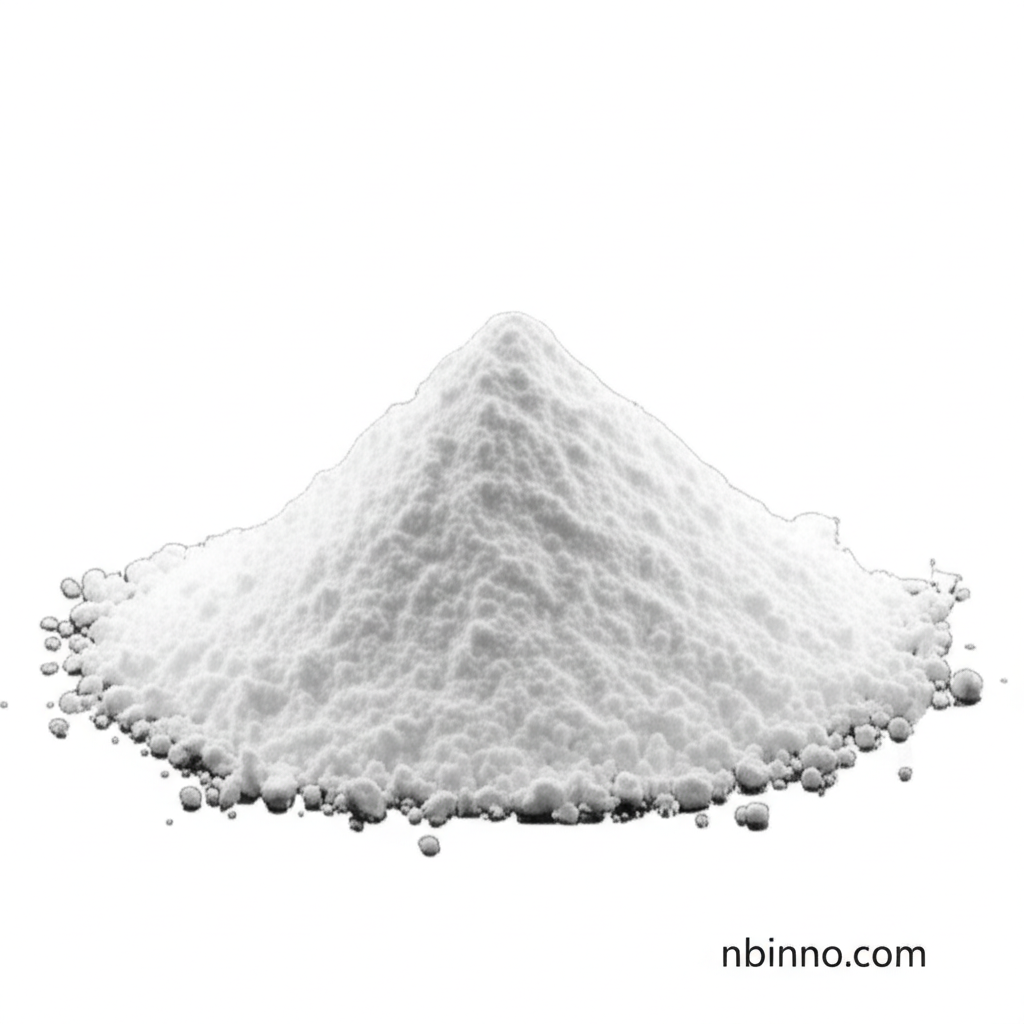Potassium Titanate (CAS 12030-97-6): Properties, Applications, and Industrial Significance
Discover the versatile applications and key advantages of Potassium Titanate, a crucial industrial chemical.
Get a Quote & SampleProduct Core Value

Potassium Titanate
Potassium Titanate, identified by CAS number 12030-97-6, is a distinguished chemical compound widely recognized for its significant contributions across various industrial sectors. Its unique properties make it an invaluable additive, enhancing performance and durability in demanding applications.
- Benefit from superior friction materials, utilizing potassium titanate for brake pads and linings to enhance durability and safety.
- Improve welding electrode performance with potassium titanate as a welding flux, contributing to arc stabilization and reduced spatter.
- Explore the use of potassium titanate in ceramics, leveraging its high-temperature stability and mechanical strength for advanced material production.
- Incorporate potassium titanate into coatings and plastics additives to boost properties like adhesion, wear resistance, and thermal stability, finding application in various manufacturing processes.
Key Advantages
Enhanced Durability
Potassium titanate's inherent resistance to wear and high temperatures ensures that products utilizing it, such as automotive friction materials, offer extended service life and maintain performance under stress.
Improved Performance
Its unique chemical properties contribute to stabilized arcs and reduced spatter in welding applications, directly leading to finer weld seams and improved overall welding efficiency, a critical factor for many industrial fabrications.
Material Versatility
The compound's ability to act as a reinforcing material in plastics and its role in ceramic production highlight its broad applicability, making it a versatile component for innovation across diverse product development cycles.
Key Applications
Welding Electrodes
Potassium titanate is a key component in welding electrode formulations, serving as a welding flux to improve arc stability and reduce spatter for cleaner, stronger welds, a critical need in many manufacturing industries.
Automotive Friction Materials
Its excellent friction and wear properties make it an ideal additive for automotive brake pads and linings, contributing to enhanced braking performance and longevity, crucial for vehicle safety and reliability.
Ceramic Manufacturing
In the realm of ceramics, potassium titanate serves as a valuable raw material, prized for its high-temperature stability and mechanical strength, essential for producing advanced ceramic components.
Plastic & Coating Enhancement
Incorporated into plastics and coatings, potassium titanate can improve mechanical properties, heat resistance, and adhesion, offering enhanced durability and performance in various consumer and industrial products.
